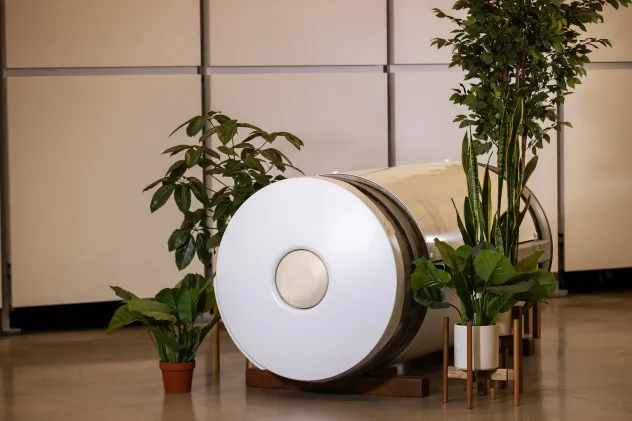New Jersey has taken a major step in the evolution of end-of-life practices by legalizing human composting, also known as natural organic reduction (NOR). Signed into law by Governor Phil Murphy in mid-September 2025, the legislation will take effect in July 2026, giving funeral homes and licensed facilities time to prepare for the new eco-conscious option.
Human composting offers a modern, environmentally friendly alternative to traditional burial or cremation. The process begins by placing a deceased body into a large, sealed container, where it is surrounded by organic materials such as wood chips, straw, and alfalfa. Within 30 to 45 days, naturally occurring microbes break down the body in a controlled, aerobic environment. After an additional curing period, the resulting nutrient-rich soil is returned to the family, ready to be used in gardens, to nourish trees, or for land restoration projects.
Unlike traditional burials, human composting in New Jersey does not require a cemetery, a provision that generated debate with the New Jersey Cemetery Association, which raised concerns about potential impacts on local cemetery revenues. The law also mandates that the process be performed by a licensed funeral director, ensuring professional oversight and adherence to safety and health regulations.
Proponents highlight several benefits of this approach. Environmentally, it avoids the energy-intensive processes of cremation and reduces reliance on embalming chemicals that can harm soil and groundwater. Financially, human composting is often less expensive than conventional burial, providing a more accessible option for families. Many families find that the ability to return the resulting soil to nature offers a meaningful, living memorial, allowing the life of a loved one to nourish plants, trees, or gardens for years to come.
With New Jersey’s legislation, the state joins a growing list of U.S. regions embracing natural organic reduction. Currently, New Jersey is the 14th state to legalize the process, following others such as Washington, Colorado, Oregon, and New York. Advocates say the trend reflects a broader shift toward environmentally conscious end-of-life choices and a desire to rethink traditional funeral practices.
As the law’s effective date approaches, funeral homes across the state are preparing to offer this innovative service, which experts predict will become a popular option for environmentally minded families seeking alternatives to conventional burials or cremation. For more information on unique and innovative lifestyle changes and events in New Jersey, visit Explore New Jersey Entertainment.












